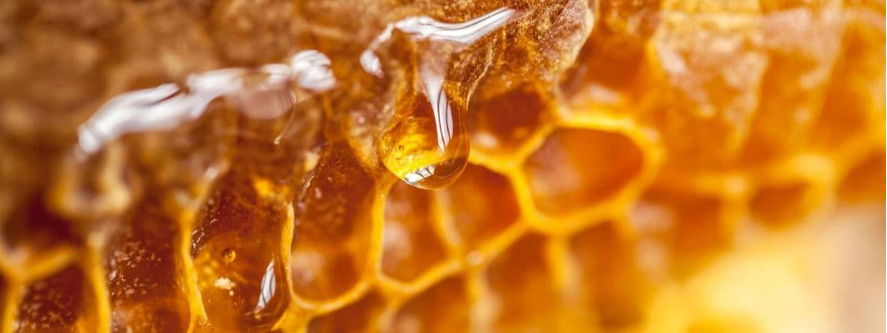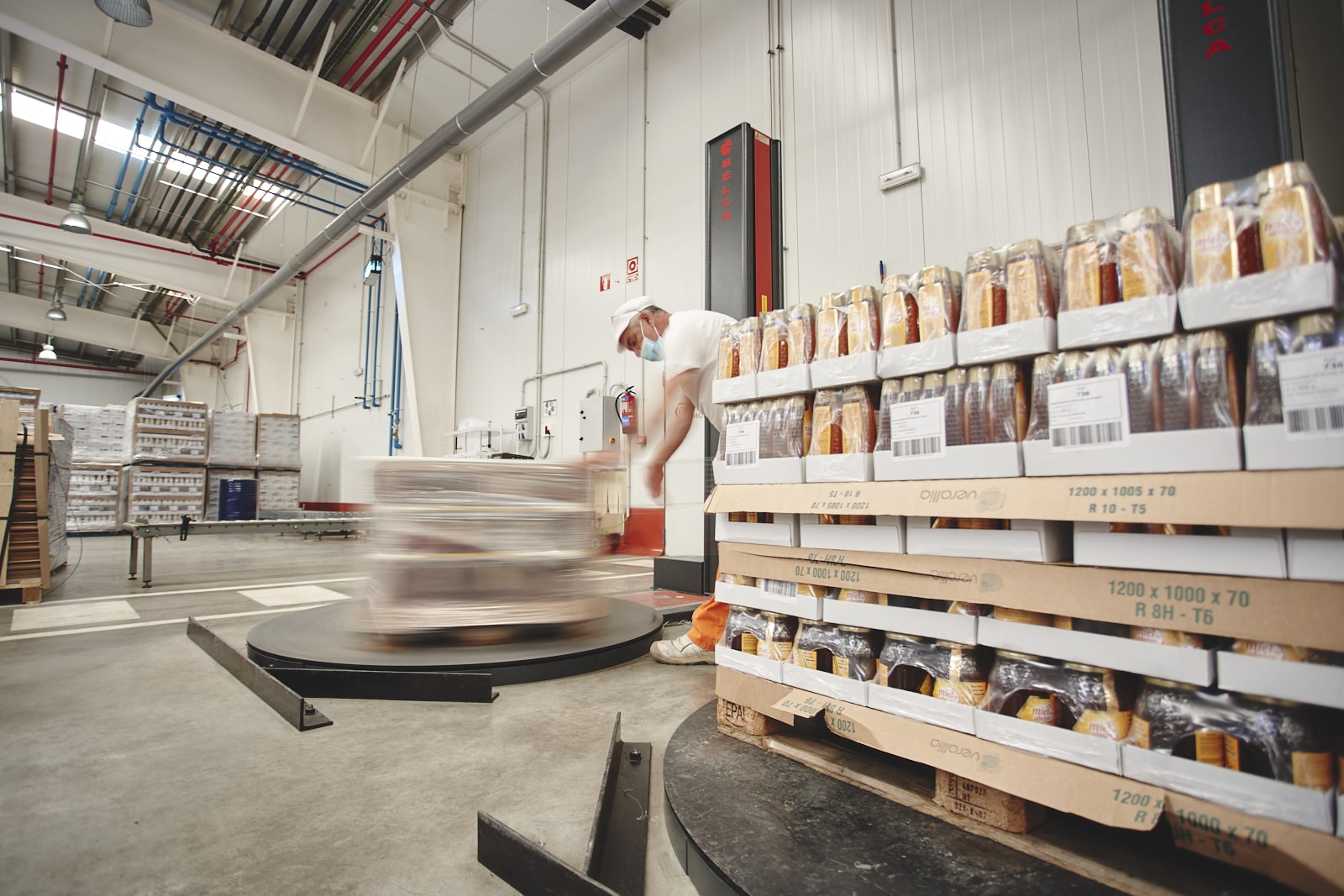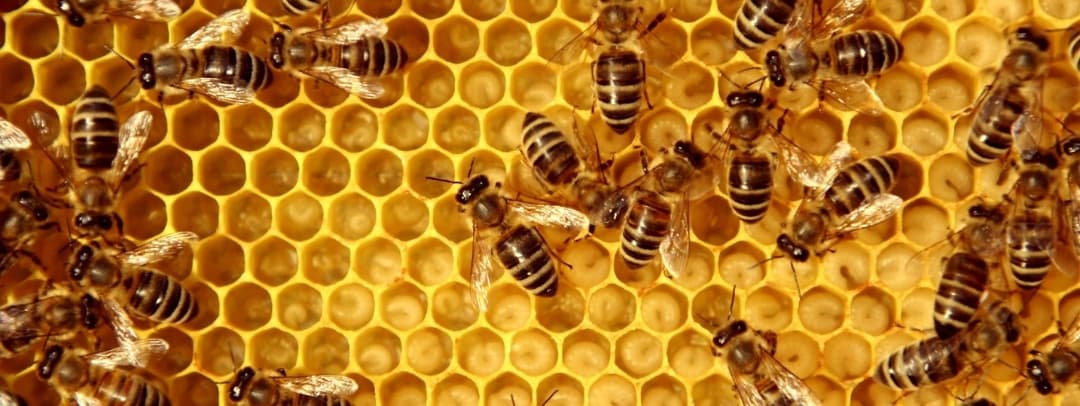The honey business in Europe has increased in recent years.
Honey is a natural food and this, added to the global demographic increase since a large part of the population is inclined towards healthy foods and not industrially manufactured, led to the consumption of the most famous product made by bees has risen significantly in recent years.
Europe is one of the main honey export markets
The main buyers of honey produced in the world are Europe and the United States. During the last 15 years, Europe increased its honey exporters, with China being the main source of this consumption.
In the European Union there are around 612,000 beekeepers and 18 million hives, thus producing about 280,000 tons of honey a year, in addition to beeswax, pollen, royal jelly and propolis.
The European Union defines honey as “the sweet natural substance produced by the bee Apis mellifera from plant nectar that bees collect, transform by combining them with their own specific substances, deposit, dehydrate, store and leave in hives to mature.”
Honey bee colonies are essential for agriculture and the environment by ensuring the production of plants through pollination, while beekeeping contributes to the development of rural areas.
Beekeeping is practiced in all European countries and is characterized by the diversity of its production conditions, performance and practices.
The EU countries that produce the most honey are those in southern Europe (Spain, Romania, Hungary, Germany, Italy, Greece, France and Poland) where the weather conditions are more conducive to this activity.

The health of bees, a challenge for the beekeeping sector
The beekeeping sector in Europe is small, but important for agriculture, food security and biodiversity, as bees pollinate wild crops and plants.
Agricultural intensification, exposure to chemicals, as well as loss of habitat for bees and adverse weather conditions threaten the production capacity of hives.



